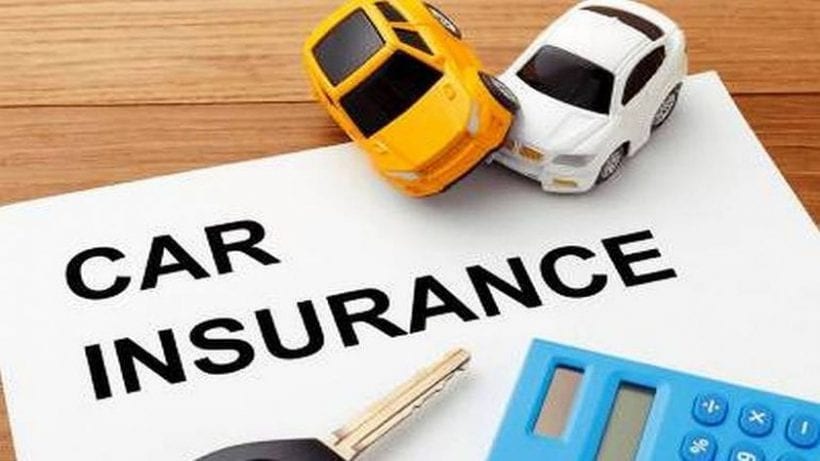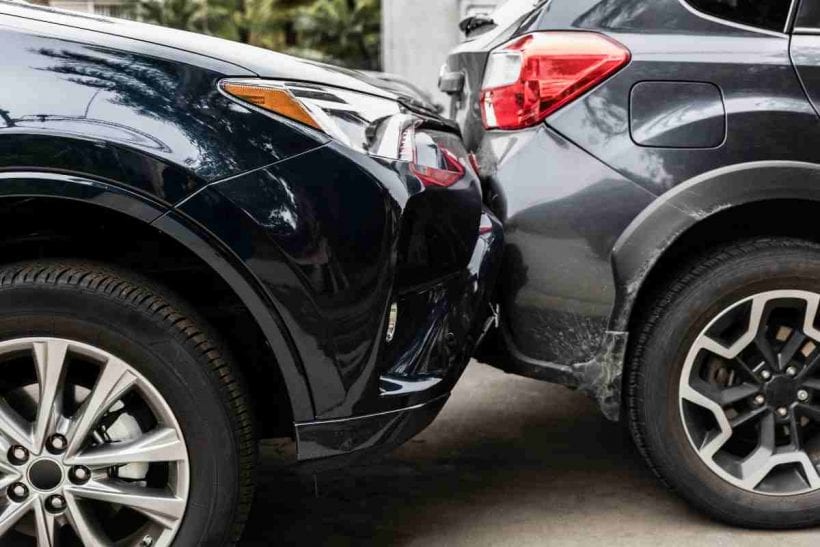Getting a new car also means signing up for a car insurance policy. While you might think that this is unnecessary, it’s something that’ll always be worth it. Your car is going to be one of the most expensive assets you’ll ever own. While you may be a cautious driver, this isn’t necessarily the case for all. Moreover, accidents can happen at a time when you least expect them to. So, it’s nice to have that sense of protection. When the time comes that your car needs repair due to an accident or any case of damage, you don’t have to spend a fortune to fix it up. This is what a car insurance policy can give you.
While it’s an important thing to have, there are a lot of people who don’t know much about car insurance policies. That’s why it’s important for you to make sure that you’re fully informed. In this article, we’ll cover everything you need to know to fully understand car insurance policies.

1. The Insurance Deductible Amount Matters
One of the biggest mistakes that car owners make when buying a car insurance policy has to do with the insurance deductible. Many choose to go for the lowest deductible price possible because they think they’re able to save more on their policy. This notion is false.
When you have very low deductibles, this actually sets you up for higher premium payments. This means that annually, you’ll have a higher expense.
The best way for you to have the lightest possible expense with your car insurance policy is to pay the most that you can afford with the deductible. The higher, the better.
That way, in the long run, you won’t have to feel bothered by premiums that may be quite difficult.
You can ask for a sample quotation from reputable providers like SR22savings.com so you can better understand the ins and outs of your payment terms.
2. There Are Car Insurance Options That May Be The Cheapest, But Are The Most Helpful
With car insurance, the most expensive ones don’t necessarily mean that they’re the best.
For example, liability insurance is generally quite expensive. This is because the insurance companies are also protecting themselves from the expense that might arise, especially if you do a quite significant damage to your car.
There are other kinds of car insurance options that are capped depending on your car’s value. Hence, as your car depreciates, you’ll also be paying less annually.
A good example of this is comprehensive insurance. For just a little price increase, you already have quite a wide protection that can also save you more in the future.
3. The Options Of Car Insurance Policies Are So Varied

As you go through different car insurance providers, it’ll be a wise idea for you also to ask about what their offers are. There are so many different car insurance products today, that you don’t have to limit yourself.
What works out to be the best type of car insurance policy for you will also depend on a lot of factors. The most important of these are your car type, value, use, and your preference as well.
Some of the most common types of car insurance policies are:
- Liability insurance, which helps you pay for any damage that you inflicted on another party;
- Uninsured/underinsured motorist coverage, helps you to cover your medical bills and vehicle property damage, if another motorist has caused it any damage, but doesn’t have sufficient insurance, or no insurance at all to cover the expense;
- Bodily injury liability, helps you pay for the other driver’s medical expenses and loss of income on the days they can’t report to work because of the accident;
- Personal injury protection, protects yourself and other passengers when you get into an accident, without taking into consideration who is at fault.
4. The Price Is Determined By Varying Factors
Insurance companies also have a lot to consider, in coming up with the insurance price that they present you with. Each company has their respective formulas for this. This is another factor that you also need to keep in mind when comparing formula quotes from different companies.
The usual, basic factors include your driving record, car make and model, and how the vehicle is going to be used. But there are other personal factors too, such as:
- Your credit score, as there are insurance companies that also study this to learn about your ability to carry on with the payments;
- Your age, marital status, and gender, as for instance, many companies consider younger drivers riskier than older, more experienced drivers;
- Your address, as car insurance applicants who live in a place with a higher crime rate, may also be considered riskier.
5. The Rates Can Vary By Company
The truth about car insurance rates is that these could also vary a lot depending on the company. There are some car insurance companies that have cheaper and more generous rates than others, for the same kind of policy, add-ons, and inclusions as another provider. Each insurance company follows its own standards and formula on how to assess the risk of each applicant.
This is precisely the reason why it’s very important to window shop for different rates. If you can, take the time to compare the rates of at least three to five providers. If you don’t do this, you might fall into the danger of overpaying.

6. The Experience Of The Company Matters
Another important thing to remember is that you should always choose an insurance company that has a lot of experience. This will ensure that they’re well-versed in the field and you’ll be covered properly in case of any claims that you might make. If you don’t feel that your current insurance company is providing you with enough protection then you should look at other options such as finding a new company to go with.
Conclusion
Buying an insurance policy can feel like a complicated process, especially when you just don’t know where to begin. Because of its demand, there are so many products out there in the market today that you may even feel confused about where to begin. Because this is something that you’ll spend a great deal paying for, you want to have that assurance that you’re truly getting your money’s worth. Get a good grasp of the policy first, before you even sign the document. The tips enumerated above will get you by.

